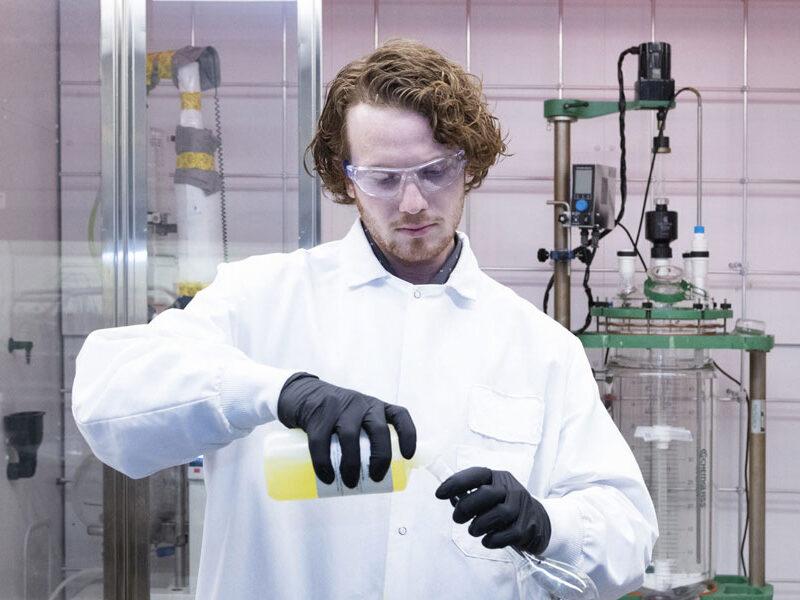Why Abzena?
Trust our focused approach.
For each study, a donor cohort is selected to best represent the distribution of HLA-allotypes in the human population. By measuring CD4+ T cell responses ex vivo, the assay assesses the strength and kinetics of an individual’s T cell response to a protein therapeutic, thereby giving an indication of an immunogenic response against the protein.
The assay can facilitate lead selection based on the immunogenicity of whole proteins including mAbs and other human and non-human protein therapeutics. It can also assess the immunogenicity following antibody humanization and protein deimmunization.

Assays are performed using bulk cultures of peripheral blood mononuclear cells (PBMCs), typically from 50 individual donors, with a distribution of HLA-DR allotypes (coverage and frequency) representing the human population of interest.
T cell proliferation and activation are measured on multiple time points using flow cytometry based EdU incorporation and CD25/OX-40 upregulation, respectively. The proliferation recorded is specific to CD4+ T cells due to the inclusion of the phenotypic markers CD3 and CD4. The dual biological readout for activation and proliferation markers allows improved sample ranking.
The assay can be customized via the addition of extra phenotypic or activation markers into the flow cytometry panel, or by addition of cytokine analysis by either Luminex multiplexed bead assay or FluoroSpot.